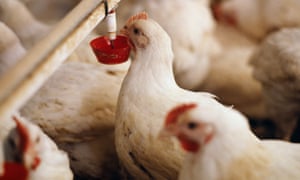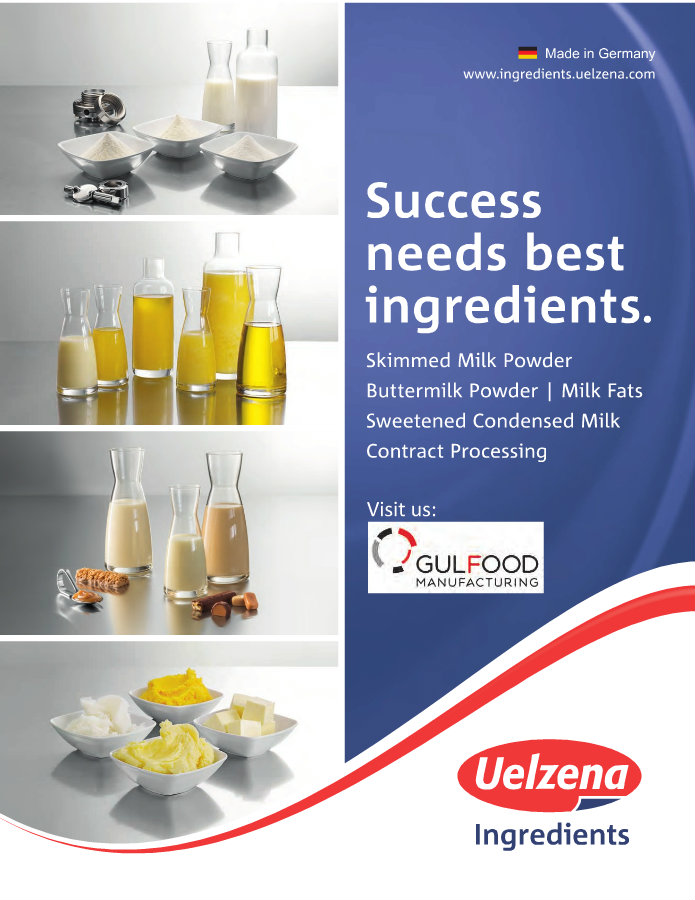History shows problems start when food companies police themselves: think salmonella, BSE, foot and mouth, swine flu
Plans to further deregulate the poultry industry and let companies conduct their own welfare inspections may knock a penny or two off an already cheap chicken at the supermarket, but it flies against common sense and risks a return to dangerous days in Britain when food scares were rife and animal welfare was a joke.
It follows a trend that started with Labour’s Better Regulation Taskforce and has seen successive Tory governments progressively wash their hands of inspection services via privatisation and deregulation. Many poultry factories already have industry-paid inspections rather than government-employed meat hygiene service inspections.
The lessons have not been learned. It was the total failure of the industry setting its own standards and regulating itself that led to last year’s chicken bug scandal when the Food Standards Agency watchdog found nearly eight out of 10 fresh chickens bought from UK supermarkets were contaminated with the potentially lethal food-poisoning bug campylobacter, costing the NHS nearly £900m.
Not one individual poultry or supermarket chain was found to be meeting national targets; more than 240,000 people a year were being made ill and up to 100 people were dying. Yet only when the agency started to name and shame individual companies did the industry act. Even then it reluctantly claimed that it was difficult to control disease in birds.
History shows that health and welfare problems in the food industry start when governments encourage companies to police themselves. Salmonella in eggs, BSEin cattle, foot and mouth and swine flu all followed cuts in animal welfare standards or inspection services. They became national scandals in the 1980s and 1990s, and a generation of children were put off eating meat, disgusted at at the treatment of animals and the potential danger.
That British distaste for animal cruelty led governments to progressively raise welfare standards that are now higher in the UK than in much of the rest of the EU. But the few giant poultry groups that dominate an industry that provides nearly 50% of all the meat we eat have always complained that this puts them at a competitive disadvantage.
Never mind there is a strong demand for quality meat in Britain and little evidence that the industry is losing money directly from cheap imports, they hope by lowering standards to be able to sell more in Europe.
But the move by the environment secretary, Liz Truss, lets us see what will surely happen if the Transatlantic Trade and Investment Partnership (TTIP), now being negotiated, is allowed to drive more deregulation and further water down food and farming standards.
If the EU and the US reach agreement, we are likely to see giant US agribusiness exporting products to Europe of a much lower standard in terms of hygiene and welfare. Should Britain exit the EU, we can now see clearly that lower welfare standards will become standard here, too.





